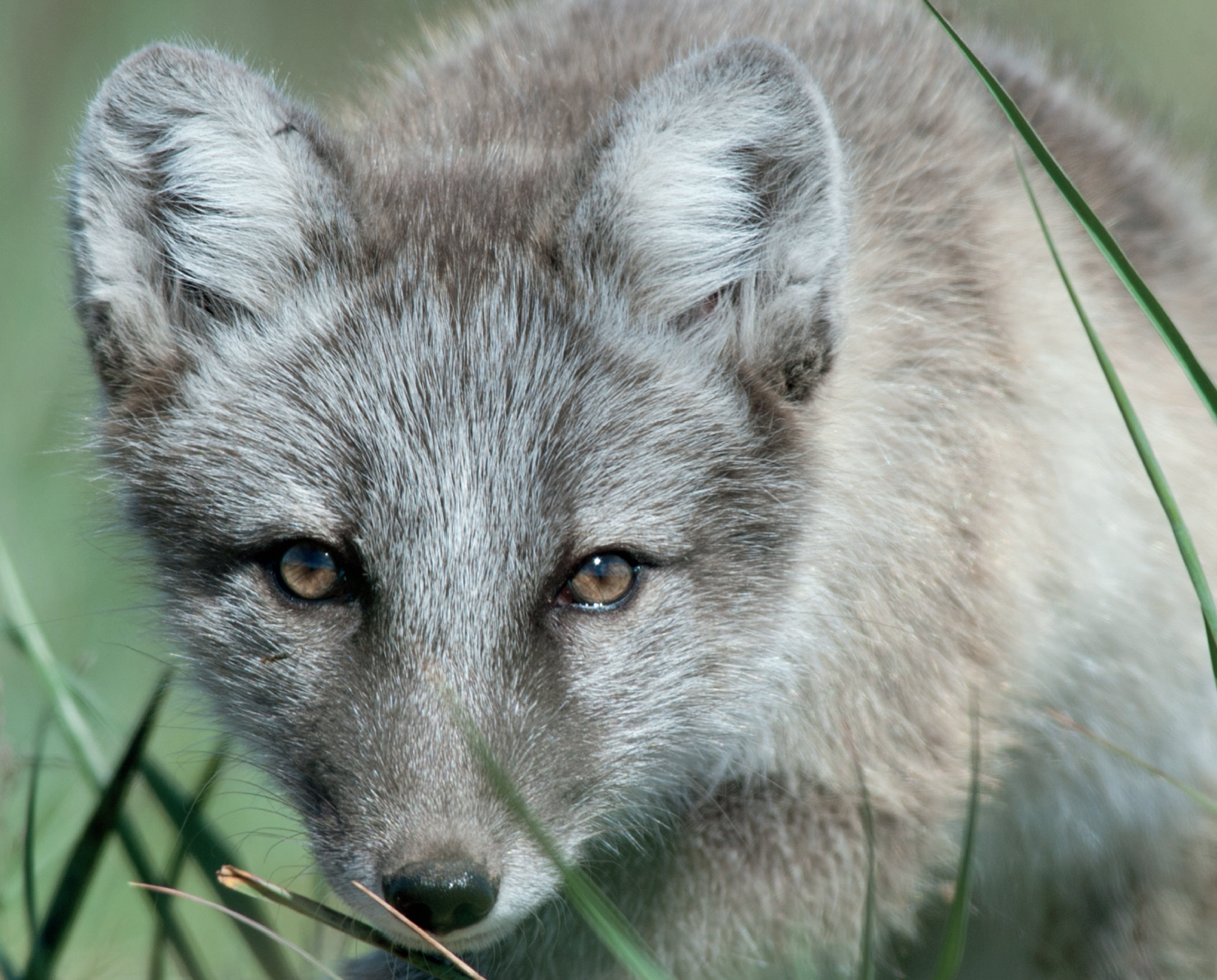Responding to change. Effects, outlook, adaptation: Managed wildlife species in the Eastern Canadian Arctic
Climate Change Impacts on Managed Wildlife

Date de publication
2018Mots clés
NunavutWild foodWildlifeFood securityBiodiversityManagementInvasive speciesClimate change impactsCe document devrait être cité de la manière suivante:
Franke, A., Berteaux, D., Ferguson, S., Gauthier, G., Hotson, C., Marcoux, M., Martin, Z., Sahanatien, V., Statham, S., Szor, G., and Tallman, R. 2018. Managed Wildlife Species – Science brief. In Bell, T. and T. Brown (eds.) From Science to Policy in the Eastern Canadian Arctic: An Integrated Regional Impact Study of Climate Change and Modernization. ArcticNet Inc., Quebec City, Canada.
Résumé
Wildlife and hunting are culturally entrenched in the “values, world-view, language, social organization, knowledge, life skills, perceptions, and expectations” associated with Wildlife species are important to Inuit as they form the basis of the traditional food system that remain prevalent in contemporary Inuit diets. In Nunavut, the responsibility for management of wildlife is shared among the Government of Nunavut, the Government of Canada, the Nunavut Wildlife Management Board (NWMB) and the Designated Inuit Organizations (Nunavut Tunngavik Incorporated, Regional Wildlife Organizations, and Hunters and Trappers Organizations). The Nunavut Land Claims Act (NLCA) defines the wildlife management system, objectives, and principles of conservation. Studying the impacts of climate change on wildlife is difficult and effects are broad-sweeping, ranging from changes in phenology resulting in trophic mismatch, shifting species distributions including invasive species, habitat loss in terrestrial and marine (including ice) ecosystems, and changes to the Arctic food web. Economic development is predicted to increase, with potential cumulative impacts, but industry can play an important role in monitoring and research.